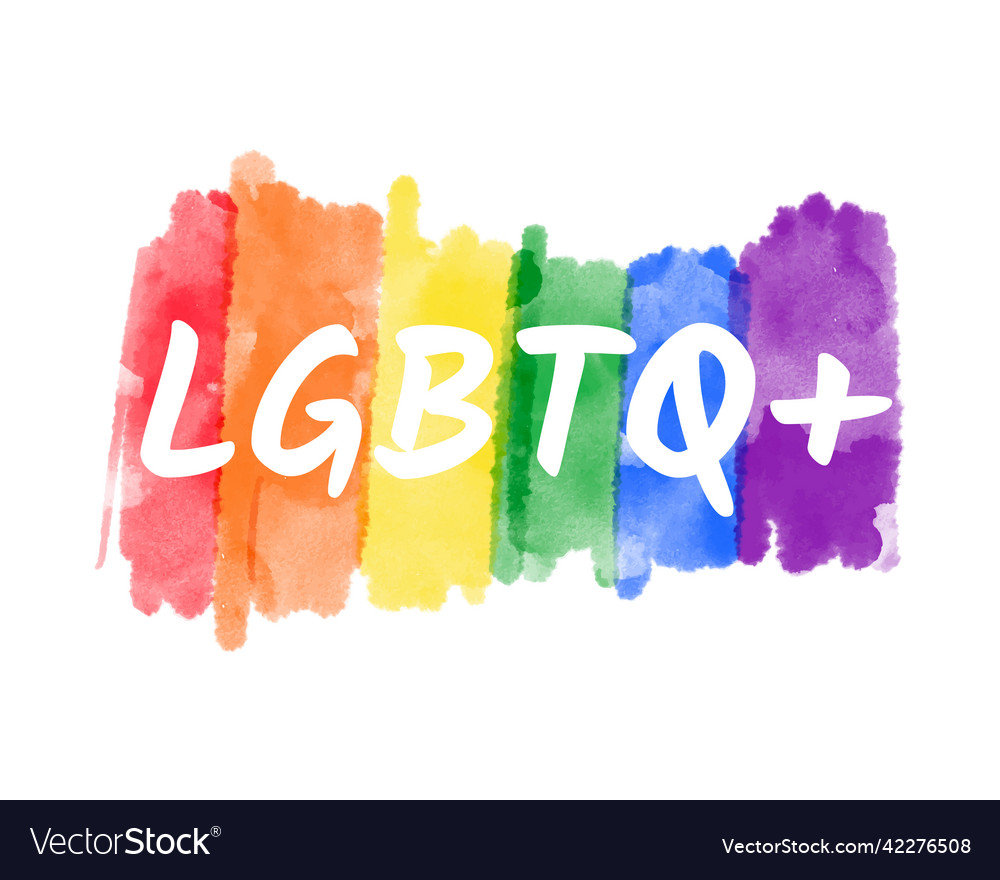In Africa, the fight against Lesbian, Gay, Bisexual, Transgender, and Queer (LGBTQ) rights has been fervent, with some countries introducing stricter legislation, making it harder for LGBTQ+ individuals to live openly and freely. However, while there’s a significant amount of energy and attention being directed towards this issue, it’s essential to redirect some of that focus towards a crisis that directly affects the livelihoods of millions – food security.
Most African governments still maintain harsh policies towards LGBTQ+ rights, often resorting to vague laws and increased surveillance. Ghana, for instance, introduced a strict anti-gay bill in late 2022, and this year, countries in eastern Africa, such as Kenya, Tanzania, and Uganda, have passed more stringent legislation. It’s evident that many African governments consider this a priority. However, it’s worth questioning whether this same level of determination could be harnessed to address another, arguably more pressing issue – food security. Meanwhile, for many African nations, food security remains a precarious balance. Most are net food importers by relying heavily on global markets.
Research Assessment and Monitoring (RBN) on food security and analysis (2022), showed that a staggering 82% of Africa’s basic food imports come from outside the continent and Eastern Africa, out of which 84% of wheat demand is met through imports. Moreover, the skyrocketing prices of fertilizers, having more than tripled since January 2020 and straining the continent’s farmers. To combat this, governments like Kenya introduced significant subsidies. However, this seems not a sustainable solution in the long run. A significant challenge that Africa faces in its pursuit of food security is the historical reliance on cash crops for export. Rather than focusing on cultivating crops to feed the local population, large portions of arable land are allocated for crops like cocoa, which are primarily exported.
For example, in a report by World Bank (2019), Côte d’Ivoire dedicates nearly 15% of its land to cocoa production, yet the benefits to the local population remain minimal. The majority of the workforce involved in cocoa farming remains in chronic poverty. Furthermore, huge tracts of land are subject to long-term leases by foreign nations and private companies for the extraction of resources and the production of agricultural goods for export. The scale of these land deals remains largely unknown, but the impact on local food production and security is evident. Hence, the fight against LGBTQ rights is a complex issue in Africa, deeply entrenched in cultural, historical, and political dynamics. However, it’s vital to redirect some of the energy and resources expended on this issue toward addressing food security.
Africa has the potential to feed itself, but it requires a shift in focus, policy, and investment. Addressing food security can lead to a more sustainable and self-reliant continent. The same energy that is being put into discriminatory practices could be channelled into innovative and inclusive solutions for food production. By taking this approach, Africa would not only secure its food future, but also reduce its reliance on global markets and foreign leases, ultimately enhancing the well-being of its people. It’s high time for African nations to realise the critical importance of food security and put the same level of seriousness into this issue, as they have in fighting against LGBTQ rights for Africa’s future depends on it.

